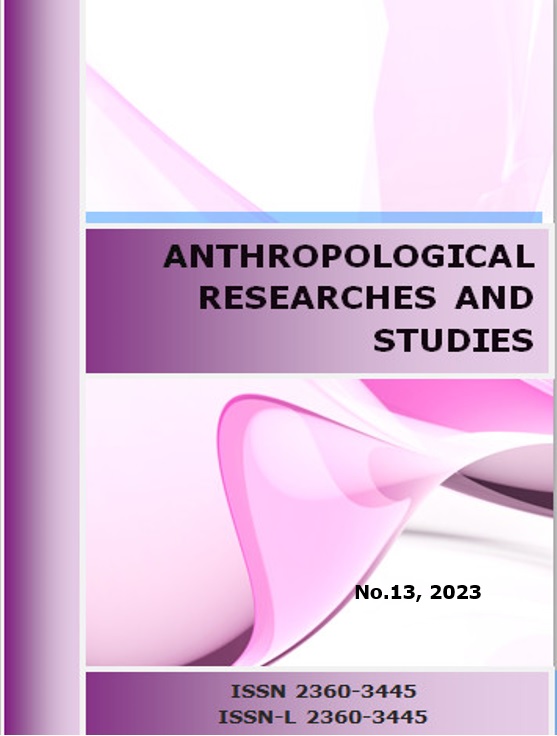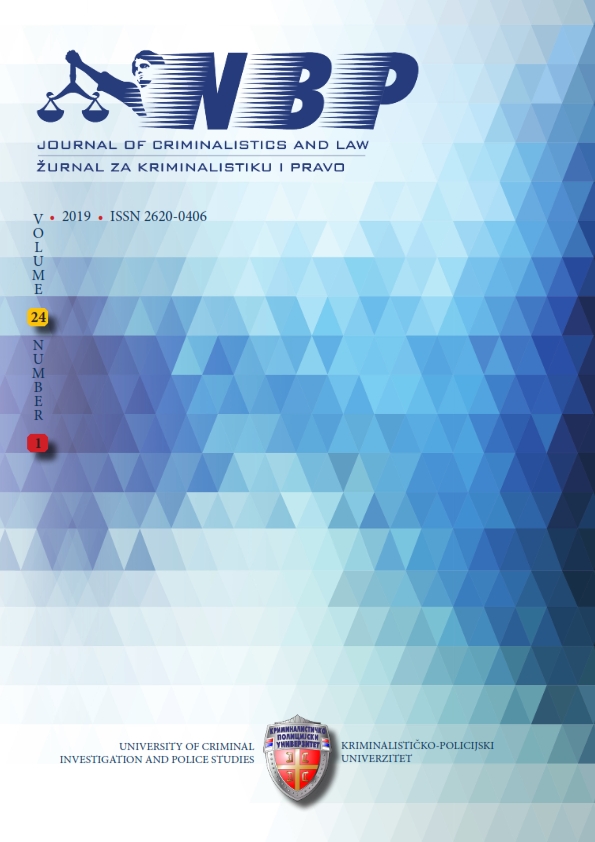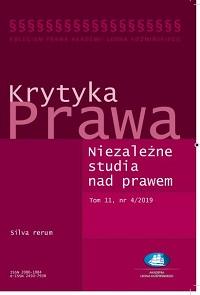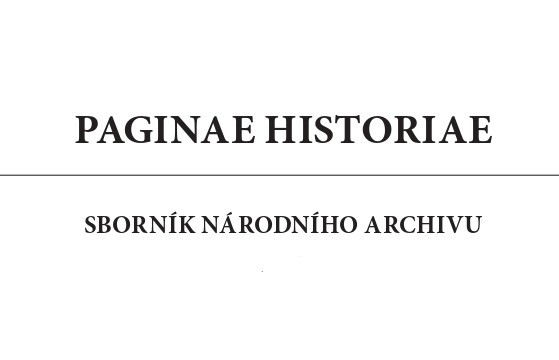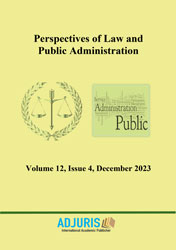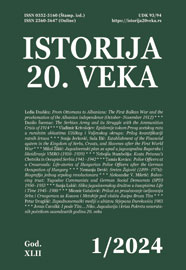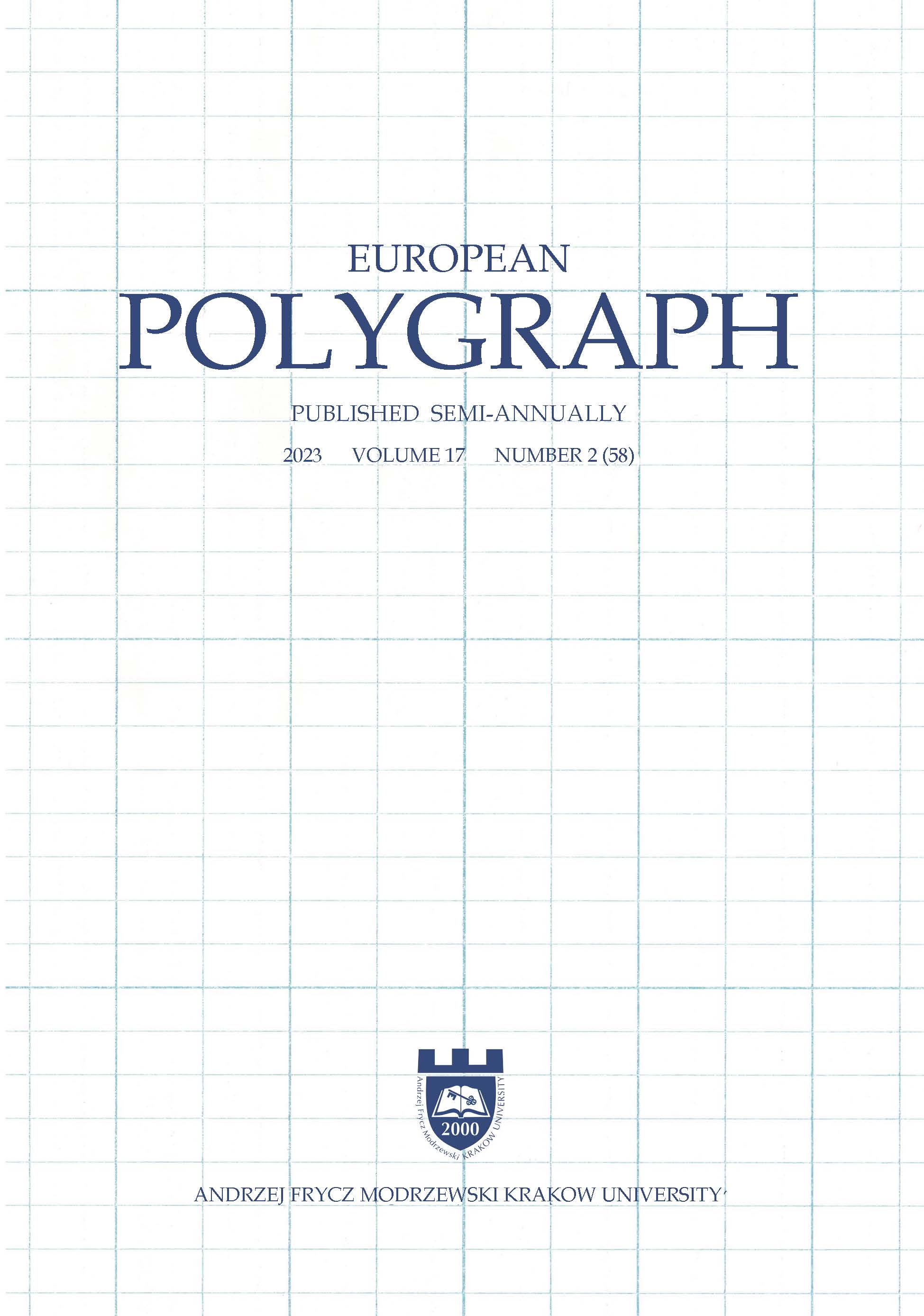
Terminology Reference for the Science of Psychophysiological Detection of Deception 4th Edition, 2022
Since the first edition of this reference was published 25 years ago much has taken place in the polygraph field, progress which has continued in the decade since the last edition of the Terminology Reference. The transition from analog to digital polygraph is now complete, the polygraph profession has accomplished the shift from authority-based practices to those that are evidence-based, concepts and terms adopted by the polygraph field are substantially more mainstream, new credibility assessment technologies have appeared while others have disappeared, and much to the surprise of critics and detractors, predictions of the demise of the polygraph have proven to be premature. In this fourth edition of the Terminology Reference for the Science of Psychophysiological Detection of Deception we strived to capture these changes. We have updated the references, added new terms, removed others, and included images for some terms to help readers understand them better. We hope readers appreciate these updates. And finally, we sadly report the passing of our friend, colleague and contributor to previous editions of this work, Shirley Sturm in 2020. Shirley was one of the greats in the polygraph field. She was the first woman President of the American Polygraph Association, a teacher, a coveted mentor, and a fiercely independent thinker. We and the rest of the polygraph field will miss Shirley, her sense of humor, her passion for polygraph, her concern for her fellow practitioners, her commitment to the field. There was always only one Shirley Sturm and we were fortunate to have known her. Because of her lasting contribution to our shared field of endeavor we dedicate this edition of the Terminology Reference to Shirley Sturm.
More...
